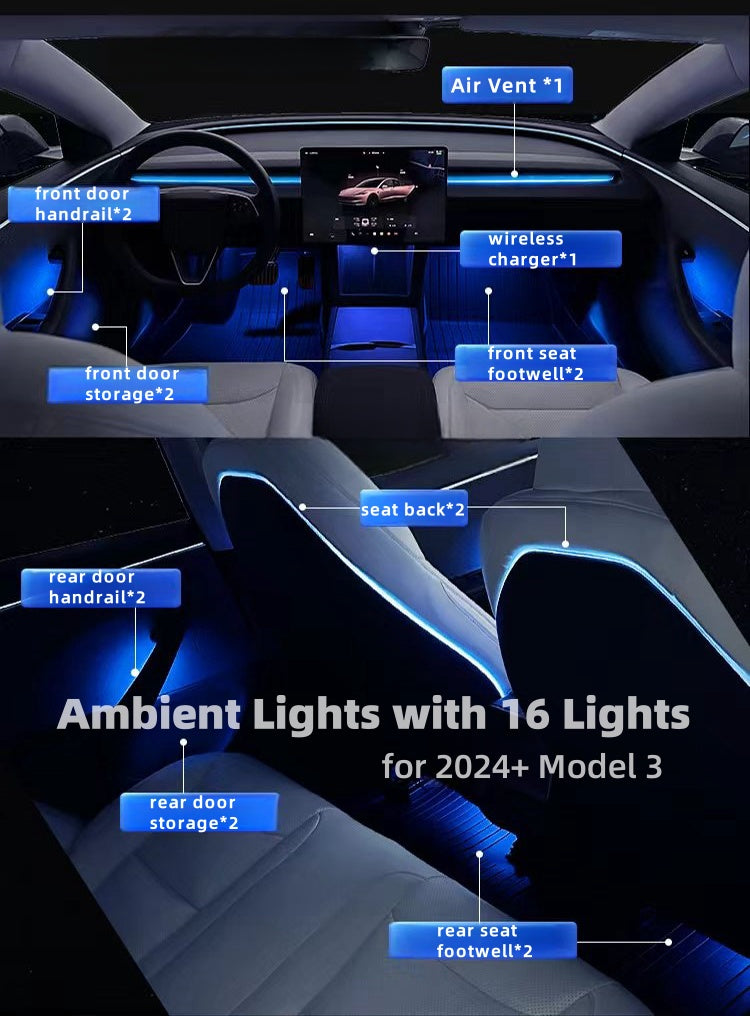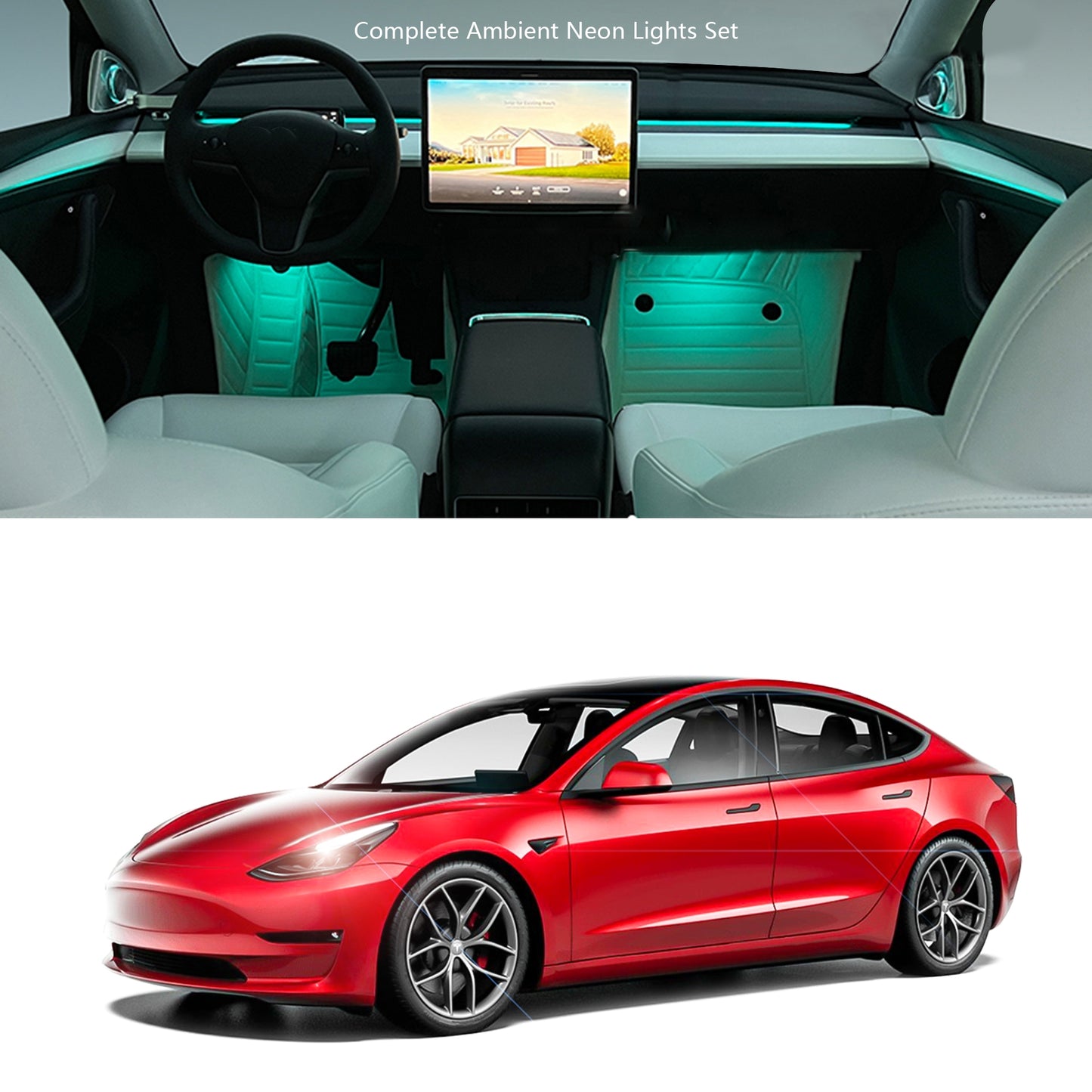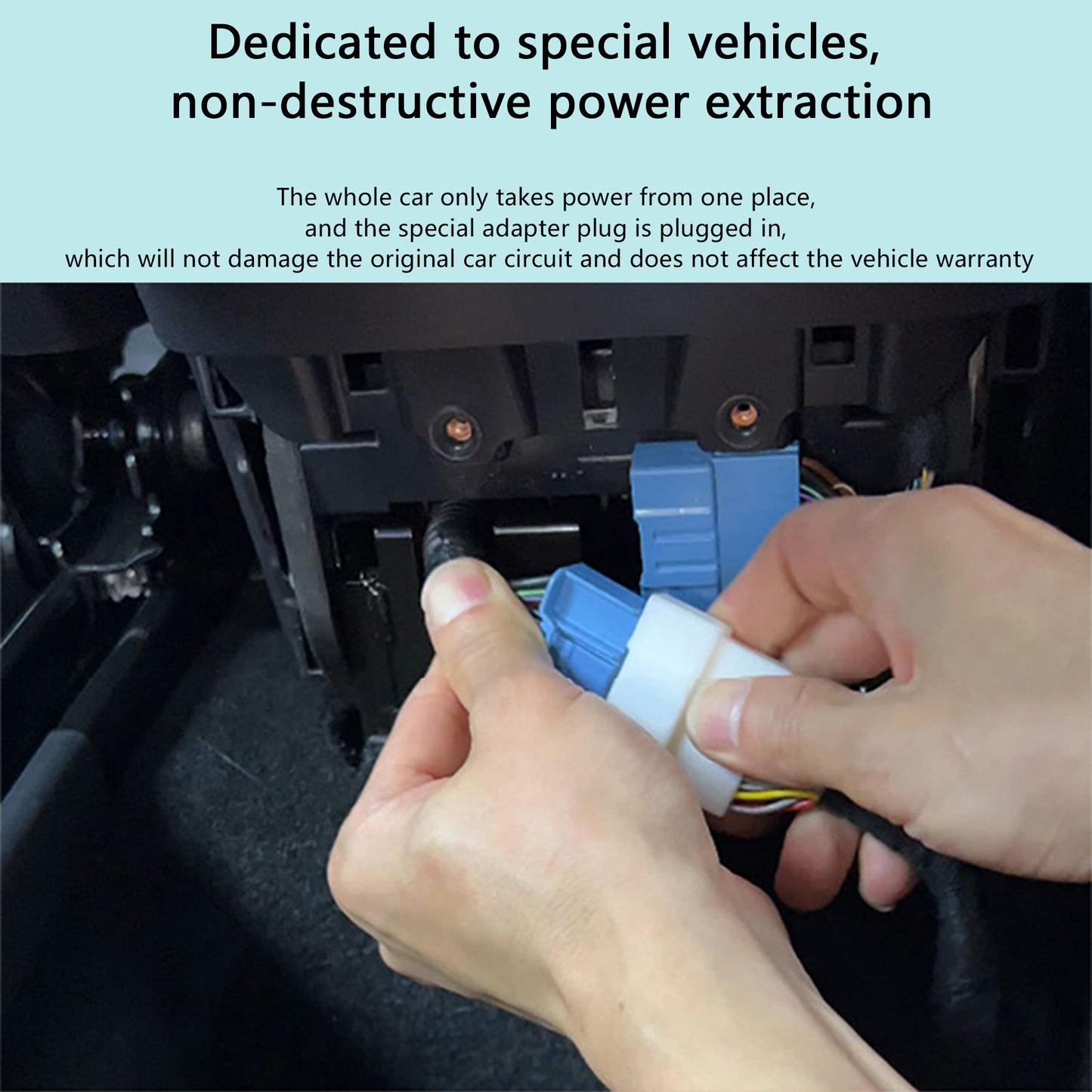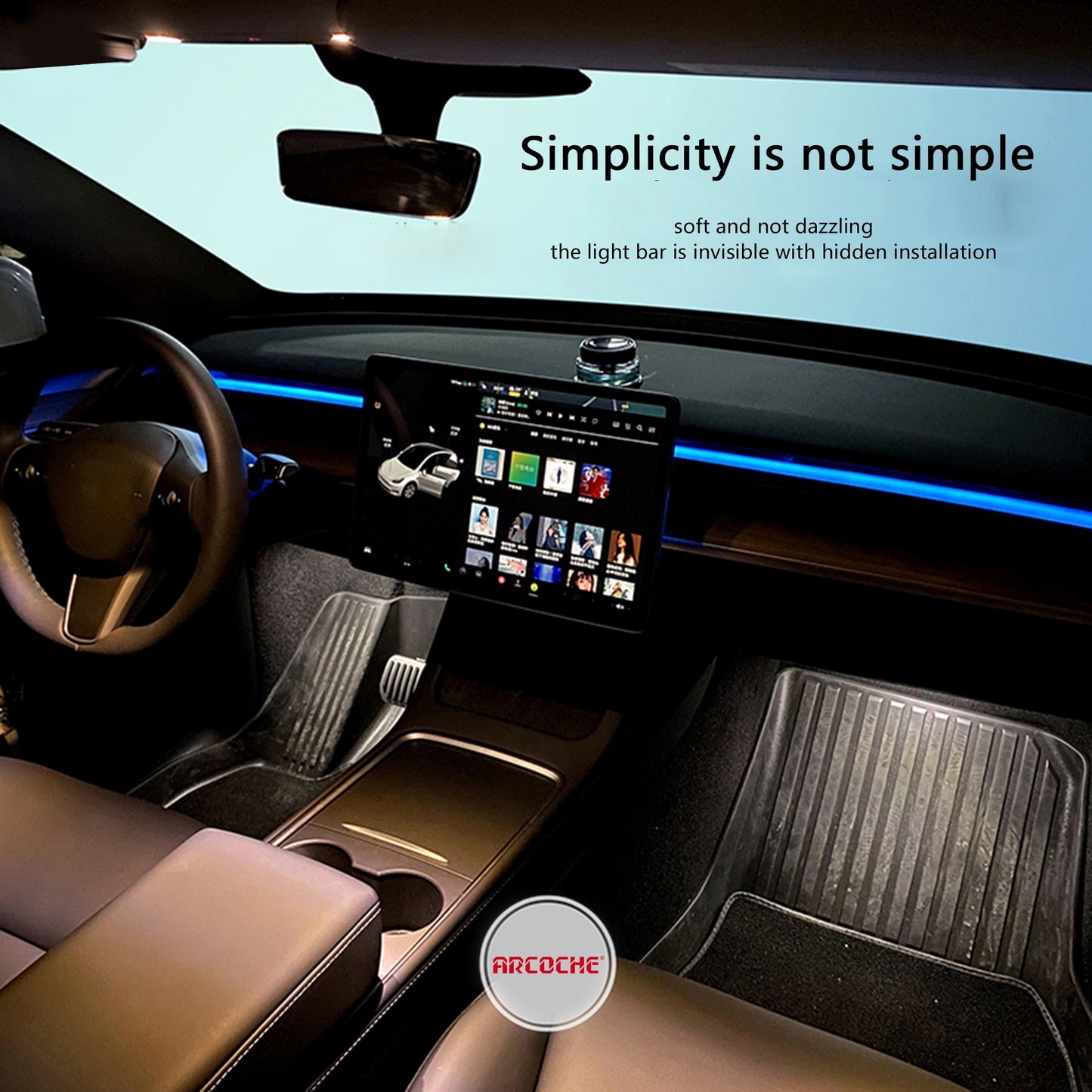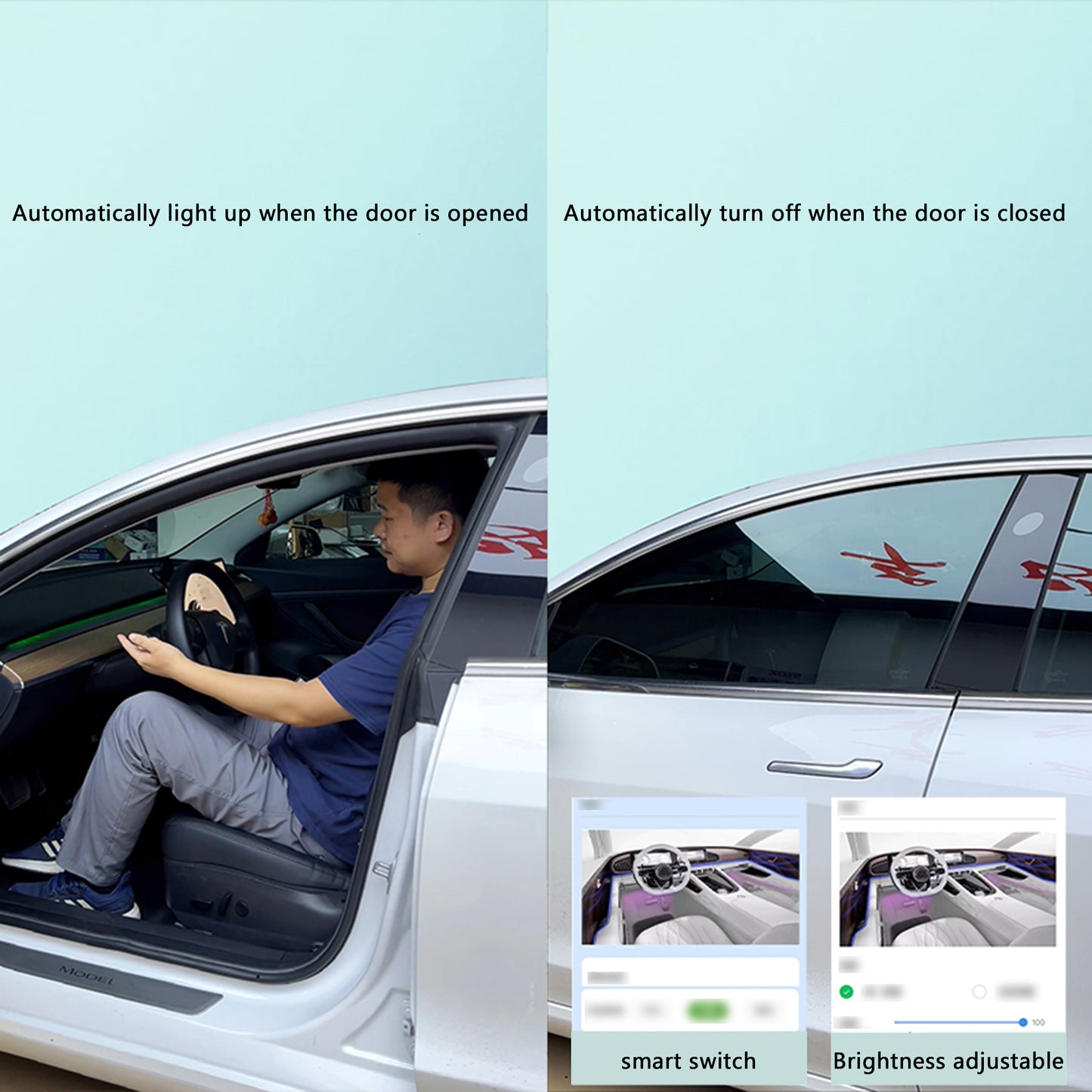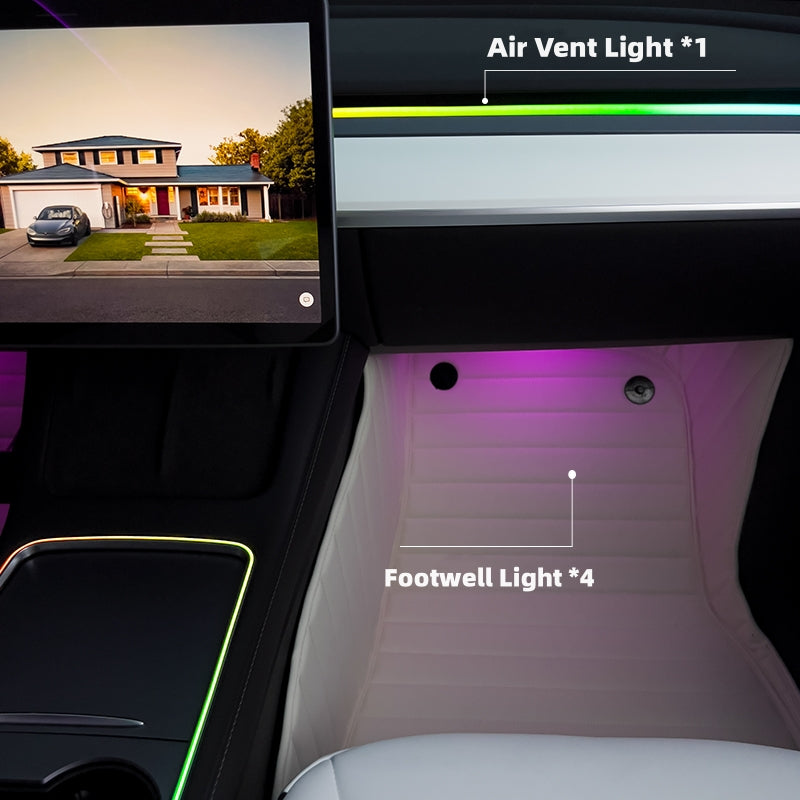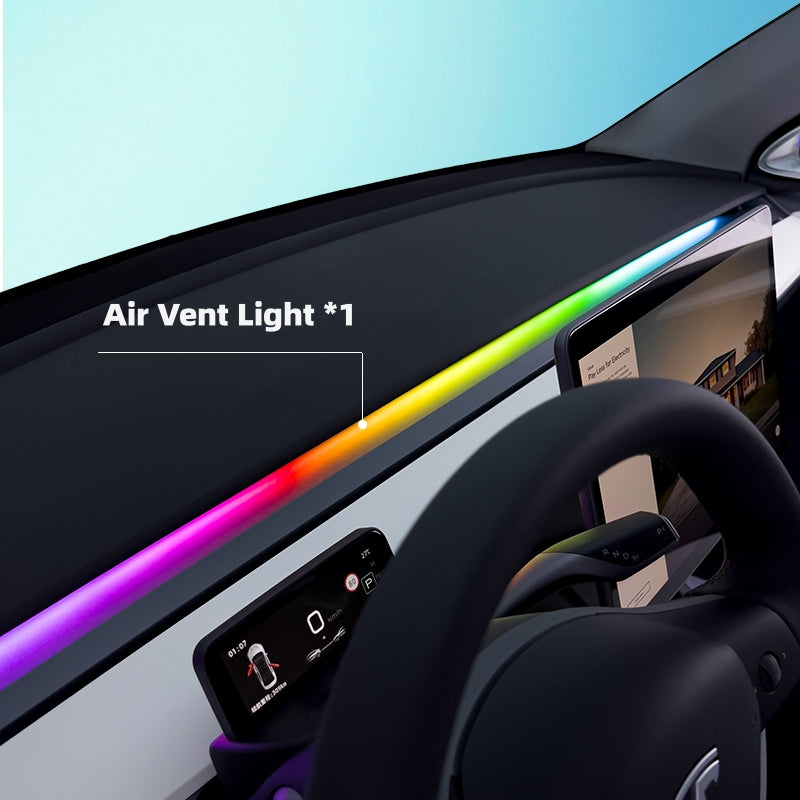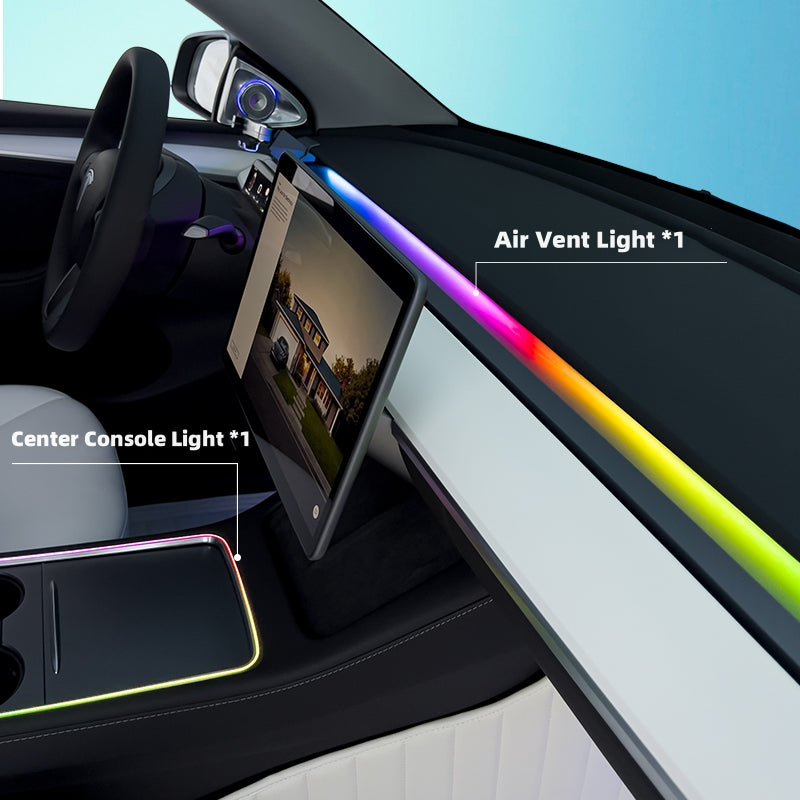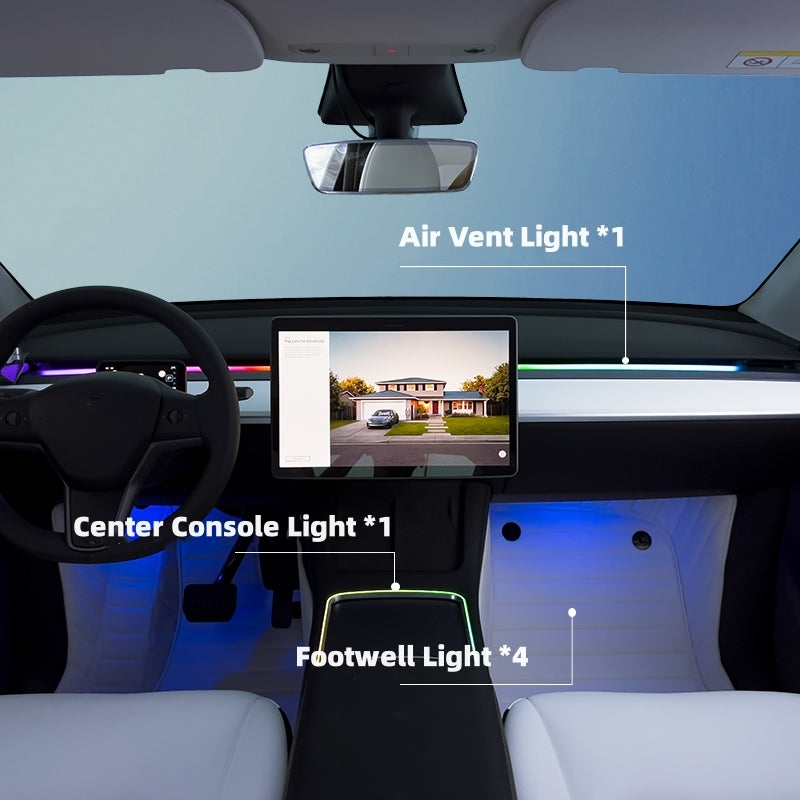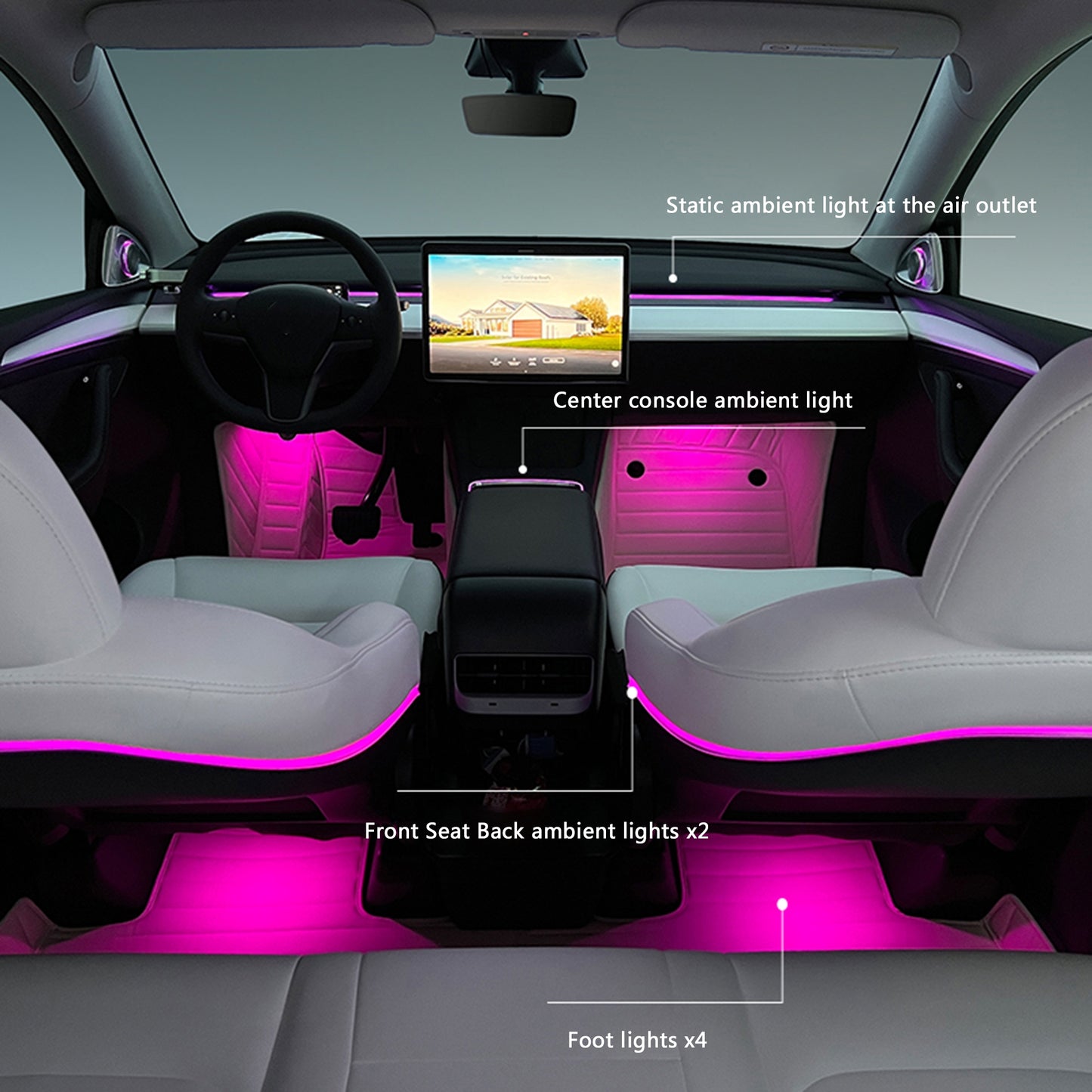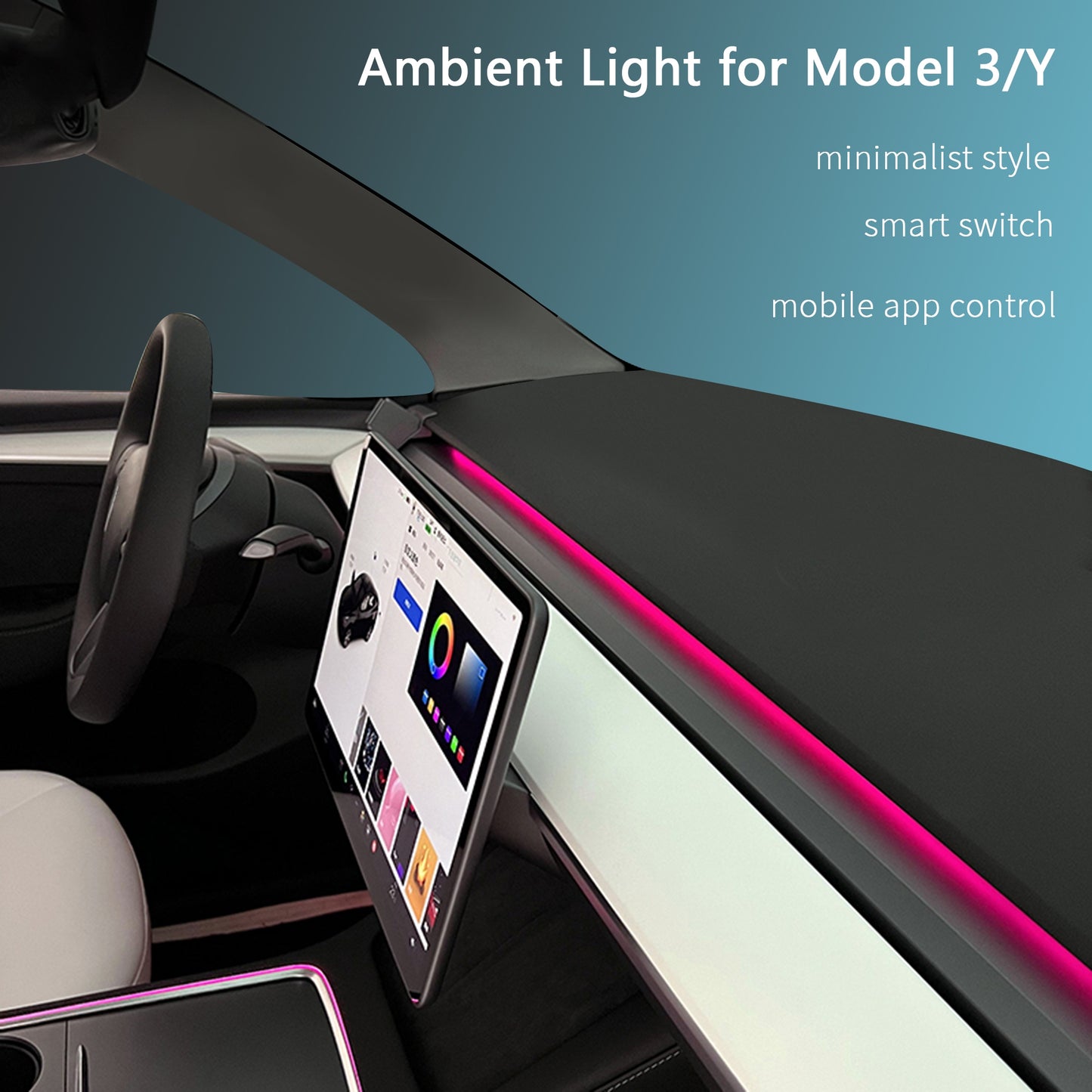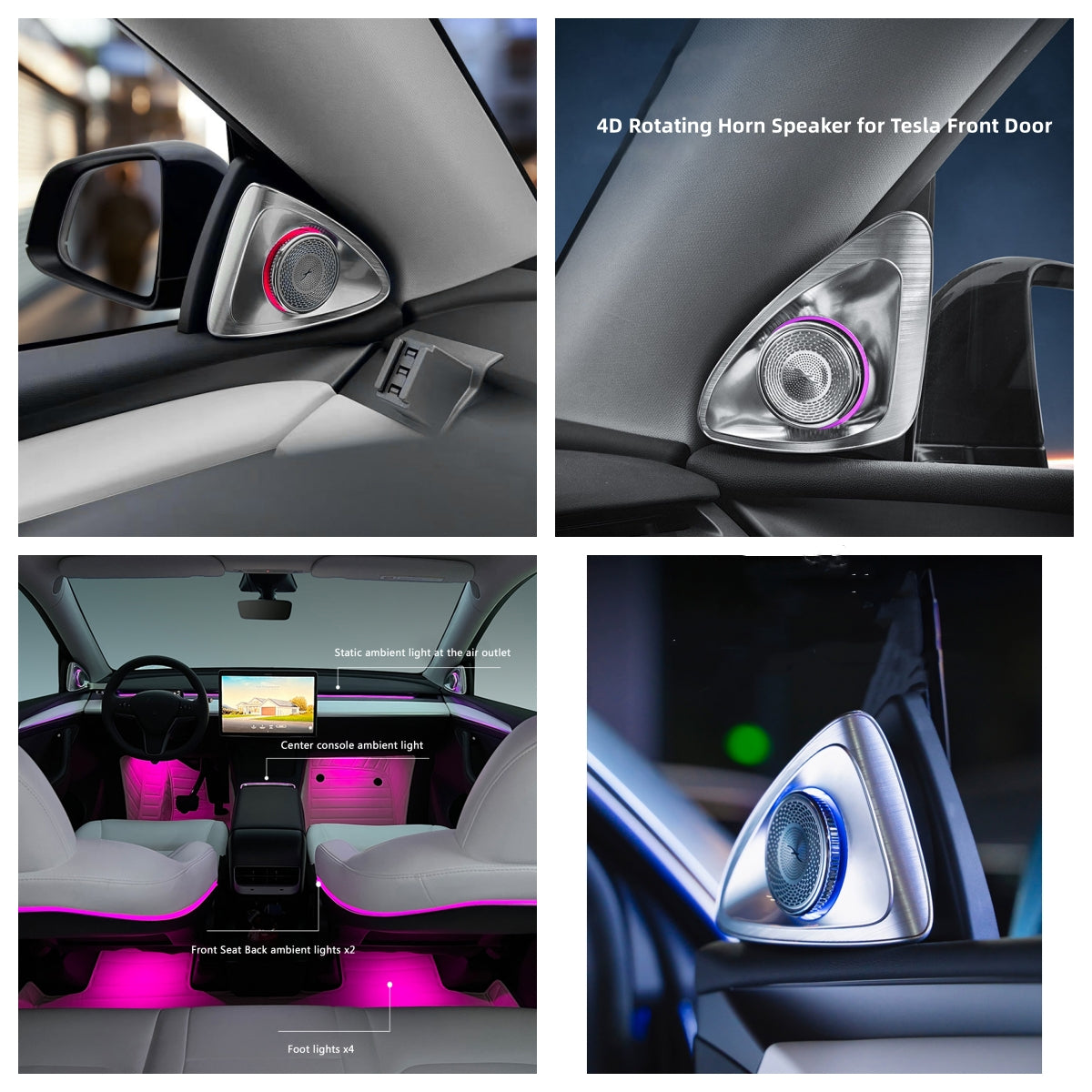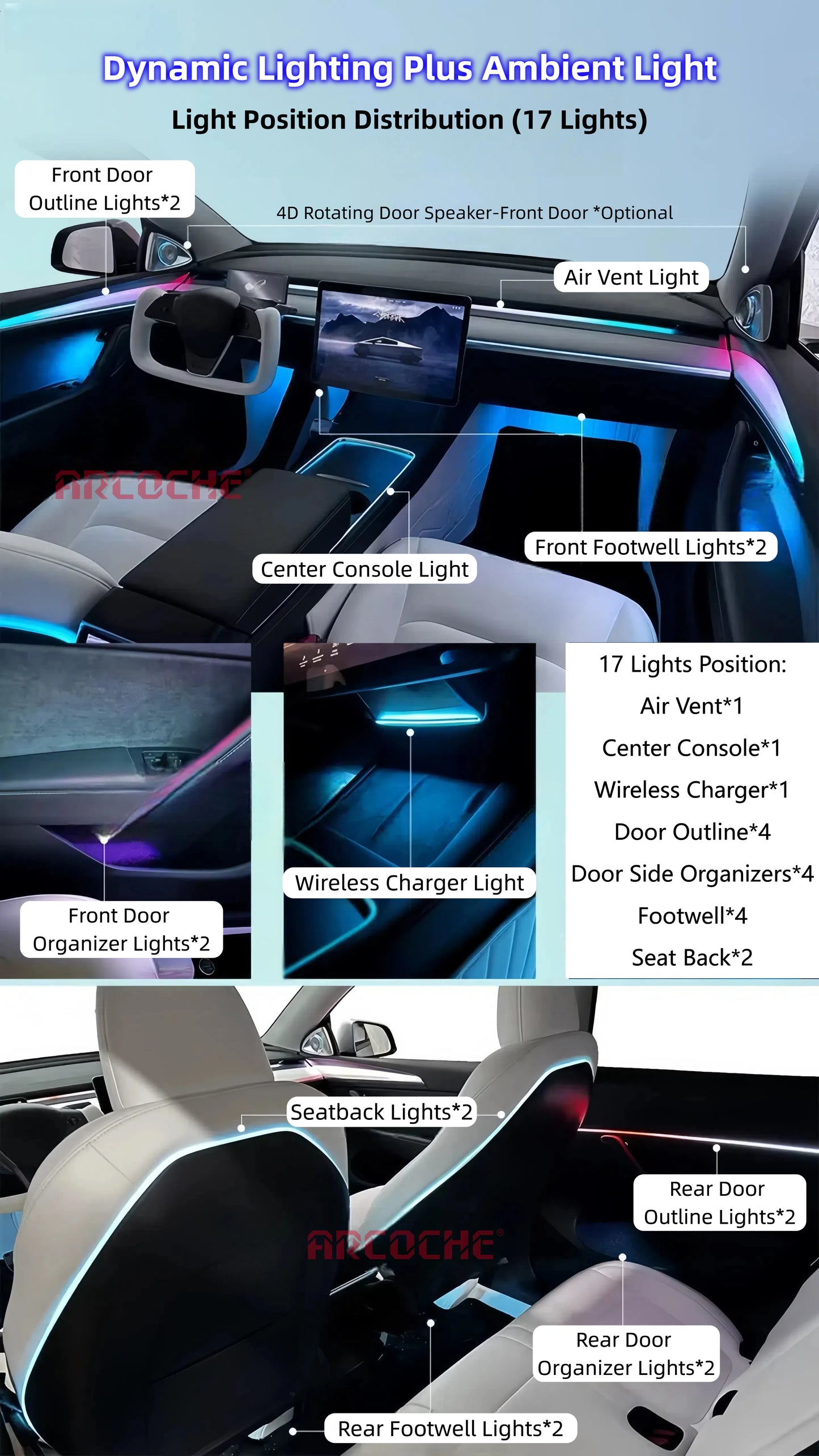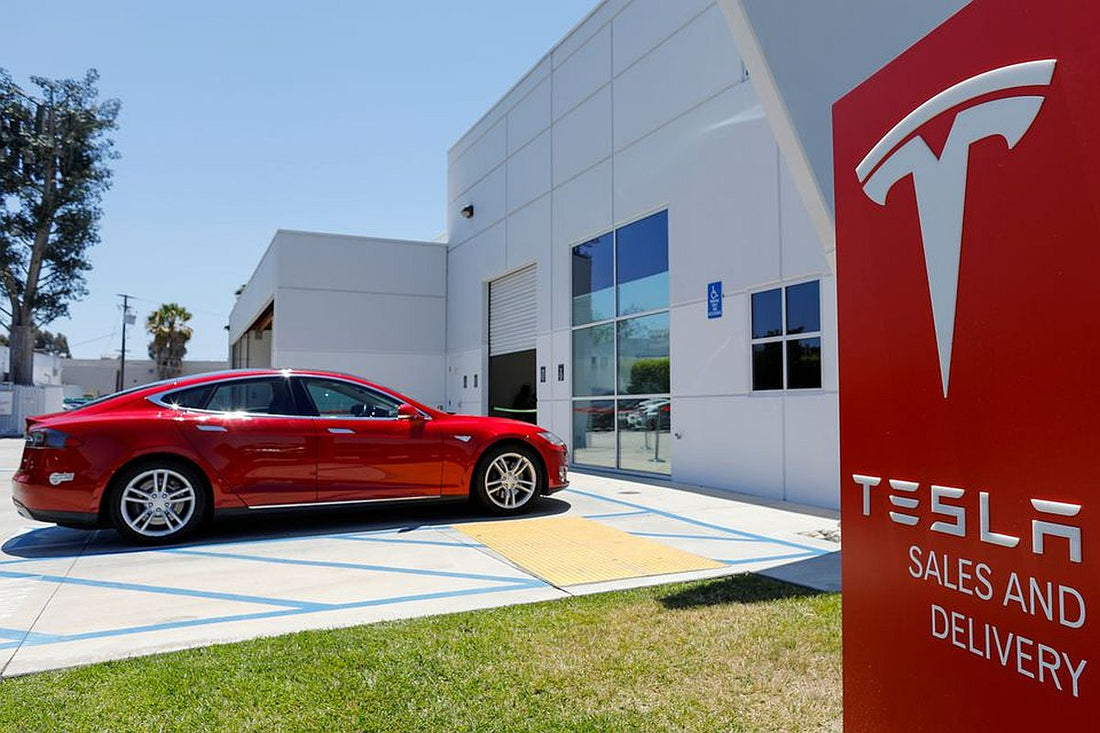
Tesla schweigt; hat seine Pläne für Indien noch nicht bekannt gegeben, sagt Beamter
Zusammenfassung:
Elon Musk, der amerikanische Tech-Milliardär, wollte am 21. und 22. April Indien besuchen, verschob die Reise jedoch in letzter Minute aufgrund „erheblicher Verpflichtungen bei Tesla“.
Ein Beamter erklärte am Freitag, dass der US-Elektroautohersteller Tesla stillschweigend geblieben sei und der Regierung seine Pläne für Indien im Rahmen der neuen EV-Richtlinie noch nicht mitgeteilt habe. Der amerikanische Tech-Milliardär Elon Musk, der am 21. und 22. April Indien besuchen wollte, verschob seine Reise im letzten Moment mit der Begründung, er habe "sehr schwere Verpflichtungen gegenüber Tesla".
Elon Musk, der CEO des Elektroautoherstellers Tesla, sollte im Rahmen seines Besuchs auch mit Premierminister Narendra Modi zusammentreffen.
„Sie (Tesla) haben sich völlig bedeckt gehalten. Die (EV-)Politik war immer für alle gedacht“, sagte der Beamte, als er gefragt wurde, ob das Unternehmen seine Pläne mit der Regierung geteilt habe.
Die kommerziellen Entscheidungen würden von den Unternehmen getroffen, fügte der Beamte hinzu.
Eine E-Mail-Anfrage an Tesla blieb unbeantwortet.
In einem früheren Beitrag auf X im April bestätigte er seine bevorstehende Reise nach Indien und erklärte: „Ich freue mich über die Gelegenheit, Premierminister @NarendraModi in Indien zu treffen.“
Im Juni letzten Jahres traf sich Musk mit Modi während dessen Reise in die USA und bekräftigte seine Absicht, 2024 nach Indien zu reisen. Er äußerte die Zusicherung, dass Tesla in Kürze in den indischen Markt einsteigen werde.
Seine erwartete Ankunft hatte die Hoffnung auf eine Ankündigung bezüglich Teslas Absicht geweckt, neben seinem Satellitenkommunikationsprojekt Starlink eine Präsenz im Land aufzubauen.
Man hatte erwartet, dass Musk Teslas Absichten zur Errichtung einer Produktionsstätte in Indien sowie erhebliche Investitionen in Milliardenhöhe bekannt geben würde. Darüber hinaus wurden Pläne für die baldige Einführung von Tesla-Elektrofahrzeugen auf dem indischen Markt mit Spannung erwartet.
Neben Elektroautos hat er mit seinem Satelliteninternetgeschäft Starlink auch den indischen Markt im Visier und wartet mit Spannung auf die behördlichen Genehmigungen.
Musk hatte sich in der Vergangenheit für eine Senkung der Einfuhrzölle in Indien eingesetzt, um den Verkauf von Tesla-Autos im Land zu erleichtern.
Seine geplante Reise nach Indien folgt kurz auf die Vorstellung einer neuen Politik der Regierung für Elektrofahrzeuge. Diese Politik bietet Unternehmen, die im Land Produktionsstätten errichten, Einfuhrzollermäßigungen, sofern sie mindestens 500 Millionen USD investieren. Ziel ist es, große internationale Unternehmen wie Tesla anzulocken.
Kürzlich nahm ein Abgesandter von Tesla, The Asia Group (TAG), an der ersten Versammlung der Interessenvertreter zur neuen EV-Richtlinie teil. Bei diesem Treffen kamen Vertreter verschiedener Branchenriesen aus Indien wie Maruti Suzuki, Hyundai, Tata, Mahindra, Kia, Skoda Auto Volkswagen India, Renault, Mercedes-Benz, BMW und Audi sowie Kollegen von Vietnams VinFast zusammen, um Erkenntnisse für die Ausarbeitung der Richtlinien der EV-Herstellungsrichtlinie zu liefern.
Gemäß dieser Richtlinie profitieren Unternehmen, die Produktionsstätten für Elektroautos errichten, von einem reduzierten Zoll-/Einfuhrzollsatz von 15 Prozent für Fahrzeuge im Wert von 35.000 USD und mehr. Diese Vergünstigung gilt für fünf Jahre ab Ausstellung des Genehmigungsschreibens der Regierung.
Derzeit fallen für nach Indien importierte komplett gebaute Einheiten (CBUs) Zölle zwischen 70 und 100 Prozent an, je nach Motorgröße und Preis. CBUs mit einem CIF-Wert von über 40.000 USD unterliegen einem Einfuhrzoll von 100 Prozent für Benzinmotoren über 3000 ccm und Dieselmotoren über 2500 ccm. Für CBUs mit einem Wert unter 40.000 USD fallen 70 Prozent Zoll für Benzinmotoren unter 3000 ccm und Dieselmotoren unter 2500 ccm an.
Die neue EV-Politik zielt darauf ab, Indien als führendes Produktionszentrum für Elektrofahrzeuge zu positionieren und Investitionen angesehener globaler Hersteller anzuziehen. Tesla hatte sich im vergangenen Jahr an die indische Regierung gewandt und Zollsenkungen für den Import seiner Fahrzeuge gefordert.



